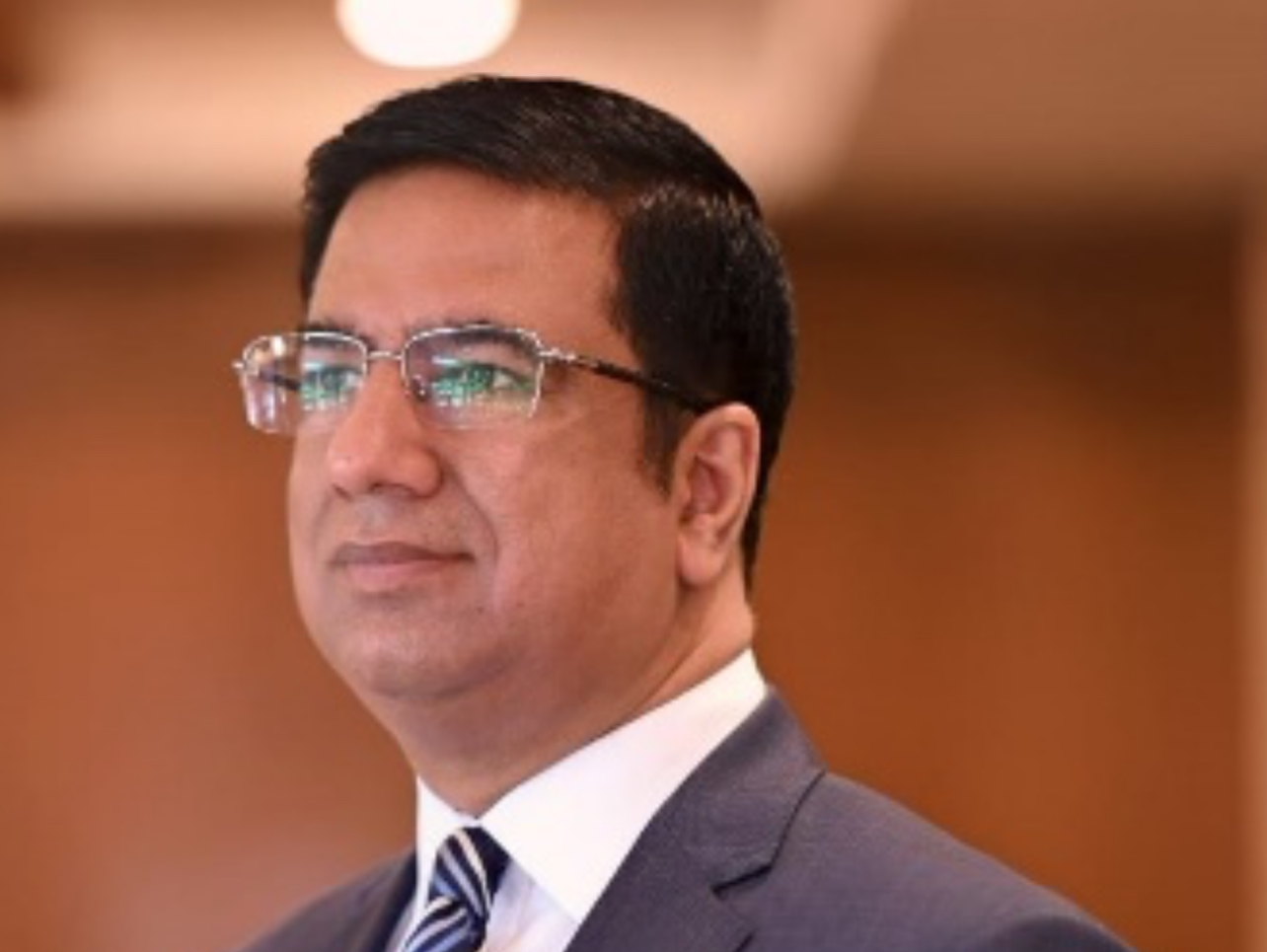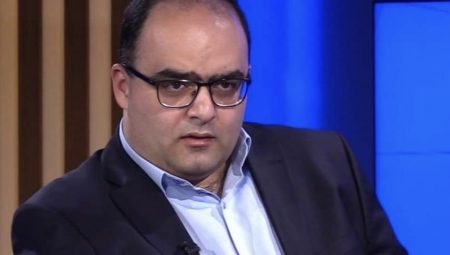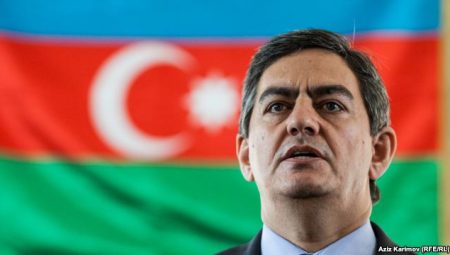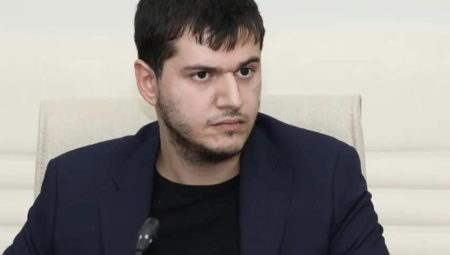When the Soviet Union collapsed, President Yeltsin modernization policies resulted Russia as weakened state, rendering him unable to effectively govern the country. Upon Yeltsin resignation, Putin assumed the role of acting President. He addressed the economic challenges created as result of Yeltsin wrong policies, concentrating on fostering the economic development of Russia.
During 21st century President Putin plays pivotal role by reforming the policies, that had in place in Russia since 1991. Before Putin’s Presidency, Russia was in dire financial situation and indebted to IMF surpassing its foreign reserves. Through Putin’s socio- economic development reforms, the country underwent a macroeconomic revolution, that transformed Russia into one of the biggest creditors to United States debt in the globe. In the beginning of 21st century Russia’s dollar nominal gross domestic product (GDP) raised by six times, such substantial growth was tantamount to an almost tenfold increase in GDP within a decade.
In the global historical narrative, President Putin’s leadership holds significance as he effectively elevated Russia’s status, acknowledged as one of the most powerful nations in the world. Russia is now discussed as the global power, having strong influence in the different aspects of international relations and global politics. Further, Putin is also recognized as one of the successful Russian leaders who raised the country’s status in the world through notable contributions in the economic development.
This article aims to offer a comprehensive understanding of Russia’s transformation under leadership of President Putin. Furthermore, it will furnish a concise overview of Putin’s biography and highlight the progress and expansion of Russia throughout his presidential tenure.
President Putin’s Biography:
President Vladimir Putin was born on October 7th, 1952 in Leningrad (today’s St. Petersburg of Russia). Putin graduated in 1975 and obtained degree in Law from the Leningrad State University. He later pursued his Ph.D. in Economics. In 1985 he joined the KGB of Russia and served in East Germany until 1990. He returned to Russia in 1990 after his retirement from KGB as lieutenant colonel. Initially, Putin took on the role of assistant to rector in Leningrad State University and later promoted as advisor to Chairman Anatoly Sobchak, in the Leningrad City Council. Sobchak, the first democratic mayor of St. Petersburg, recognized Putin’s capabilities and confidence, leading to his appointment as deputy mayor in 1994.
Putin assumed his role as deputy head of the President’s Administrative Directorate in 1996 and soon he became the head of the President Executive Office in 1997. His ascent continued as he took on the position of the first deputy head of the Presidential Administration in 1998.
President Yeltsin inspired by Putin capabilities and administrative prowess and appointed him as the Prime Minister of Russia in August 1999. Russia’s economy was struggling, therefore President Yeltsin unexpectedly resigned in the end of 1999 and designated Putin as the acting President, entrusting him with the task of revitalizing weakened Russia into prosperous and strong country. In March 2000s Presidential elections, Putin easily defeated the leader of communist party Gennady Zyuganov, by successfully securing 53% votes and became the President of Russia for the first time.
Putin’s Behind Russia’s Economic Revolution:
When Putin became President in year 2000 the Russia’s economy was struggling due to negative economic growth and budget crisis. The inflation and unemployment rate was on surge hitting worse than former nations in the socialist bloc.
Putin swiftly recognized the country’s economic situation and initiated the reforms named as Gerf plan. The Gerf Plan was the (Socio-Economic development programme for Russian Federation, 2000-2010). This programme encompassed a series of reforms in various areas such as tax, pension, land, business and civil services. In year 2000 the oil prices started to recover and continuously raised from $10/barrel to $150/barrel. President Putin efficiently utilized these petrodollars to rebuild the Russian Federation into prosperous and developed country.
In 2008 Gerf Plan was halted due to global crisis, however by that time, it had already achieved 30% of its total objectives, marking substantial progress in Russia’s economy. In light of reforms initiated by President Putin Russia become economically more stable country as compared to other nations in the common wealth of Independent states (CIS). Furthermore, Russia had paid off its all state debt and created a stabilization fund.
The share of Russia in global economy was mere 2% in 2000s that rapidly surged to 4% under Putin’s leadership. Russia GDP under Putin’s first two presidential terms grew by 94%, elevating the economic value of $210 billion in 1990 to $1.8 trillion in 2008. Due to global crisis in 2008 it was declined to $1.2 trillion however Russian President accelerated the reforms efforts. In 2008, Russian government initiated new programme titled as “Concept for the Long-Term Socio-Economic Development of the Russian Federation until 2020.”
These reforms prioritized the Russian integration with global economies, rise in investment, and investing in innovative technology and human capital. In the wake of these socio-economic reforms, Russian economy experience substantial growth, reaching an impressive nominal GDP value of $2.24 trillion in 2022. President Putin has played very important role in rebuilding of Russia from a weak and collapsed economy into a robust and developed country.
Foreign Policy of the President Putin:
Throughout Putin’s Presidential terms Russia witnessed consistent economic growth, development of Industrial sector, strengthening of oil and gas industry, and rise in revenue from energy sector that make solidify Russia’s position as an energy superpower. The implementation of Putin’s reforms and economic policies led to an elevation in the income level and living standards of Russian population.
Under Putin’s leadership, Russia pursued a balanced approach in its foreign policies, fostering relations with neighbouring nations and global powers. The country developed strategic and economic ties with China, as well as with Pakistan and India. In terms of importing investment and technological resources, Russia engaged with partners such as Japan and South Korea. Additionally, Russia played a significant role in building both bilateral and multilateral relationships, participating in groups like BRICS (Brazil, Russia, India, China, and South Africa) and RIC (Russia, India, and China). The nation maintained dynamic relations with the Middle East, Syria, Turkey and Central Asian Republics, Iran and Israel. Overall, Putin’s foreign policies, coupled with economic progress, are steering Russia towards its goal of emerging as a superpower in the global arena.
Why is Putin Necessary for Russians:
Vladimir Putin is widely regarded as the popular leader among Russians, attributed to his accomplishments that have elevated Russia into a position of power and development. His significant contributions to the advancement and stability of the country position him as the ideal choice for the Russian people. The satisfaction of the Russian population with Putin’s policies is evident in the noticeable improvement in the nation’s economic standing and international status on the global stage. Over a span of more than twenty years, Putin’s leadership in Russia has been characterized by stability, organizational structure, and economic advancement, resulting in heightened approval from the Russian populace. According to surveys conducted by the Russian polling agency ‘Levada Center,’ a significant 79% of the country’s population expresses support for Putin during his two decades in power. Since the early 2000s, his popularity has consistently remained above 65%, reaching its pinnacle at an impressive 89% in 2014. The Russian people perceive Putin as a resilient and courageous leader, credited with elevating Russia’s status as a formidable global power.
President Putin’s presidential tenure spanning over two decades has played a vital role in shaping the trajectory of the Russian economy and population. His effective policies and timely initiatives have propelled Russia from the brink of economic collapse to a prosperous and powerful nation within just a decade. The popularity of President Putin reflects his contribution in Russia’s success by achieving remarkable economic performance, alleviating poverty, and establishing a stable and robust economic structure. This success is further demonstrated through improvements in the trade balance, augmentation of gold reserves, and the successful payment of the state debt.
The enduring support for Putin’s leadership is evident in the Russian people’s strong endorsement of his robust and resilient actions. Putin is widely seen as a hero in Russia, due to his ability to make bold and decisive choices that contribute to the overall improvement and benefits of his nation.
President Putin has played a crucial role in enhancing the well-being and stability of the Russian population, and his principles are widely endorsed by the citizens. Russians express contentment with Putin’s policies and reform initiatives, which have contributed to Russia’s economic stability and elevated its international status in the world.
Mr. Khalid Taimur Akram, Executive Director, Pakistan Research Center for a Community with Shared Future (PRCCSF), Islamabad





